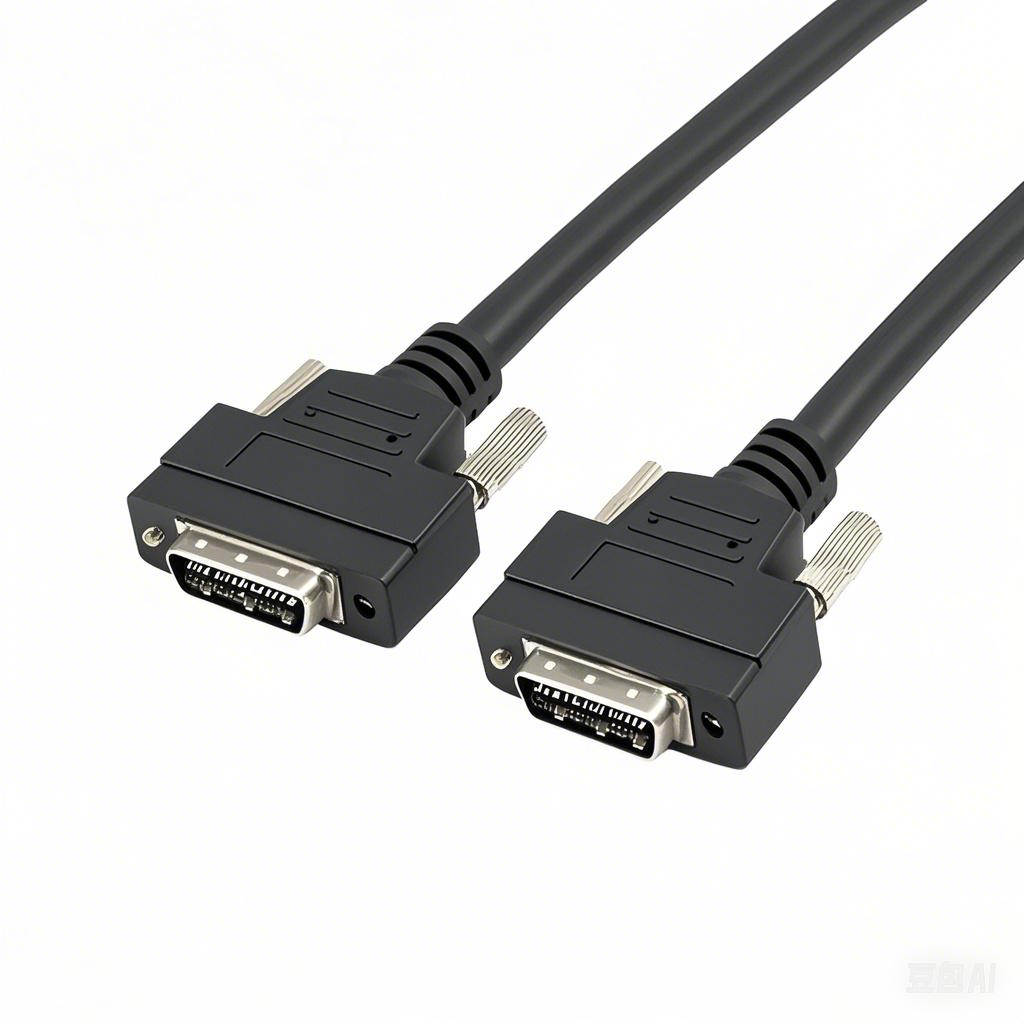Can Machine Cable Be Used in HVAC Systems?
The short answer is: It depends on the type of machine cable and the specific requirements of the HVAC (Heating, Ventilation, and Air Conditioning) system. Not all machine cables are suitable for HVAC applications, but with targeted selection based on key performance indicators, certain machine cables can effectively support HVAC operations—while improper selection may lead to equipment failure, safety hazards, or shortened service life.
1. Core Requirements of HVAC Systems for Cables
Before evaluating machine cables, it is critical to understand what HVAC systems demand from their cabling. HVAC systems encompass diverse components (e.g., compressors, fans, heat exchangers, control panels, and damper actuators) that operate in varying environments, so cables must meet these key criteria:
- Temperature resistance: HVAC components like compressors and heaters generate high heat (often 60°C to 120°C), while outdoor units may face extreme cold (-30°C to -10°C). Cables must maintain insulation integrity and electrical performance across this range.
- Environmental durability: Many HVAC systems are exposed to moisture (e.g., condensation in air handlers), refrigerants, lubricating oils, or even outdoor dust and UV rays. Cables need resistance to corrosion, oil, and water to avoid insulation degradation.
- Flexibility (for moving parts): Components like damper actuators or variable-speed fan motors require cables that can withstand repeated bending without conductor breakage.
- Electrical stability: HVAC systems rely on consistent power transmission (for motors) and signal accuracy (for control systems). Cables must have low resistance, minimal signal interference, and compliance with voltage/current ratings (typically 600V for residential/commercial HVAC).
2. Machine Cables Suitable for HVAC Applications
Not all machine cables meet the above criteria, but three common types are well-matched to HVAC needs:
a. High-Temperature Machine Cables
Designed for industrial machinery operating in hot environments, these cables use insulation materials like cross-linked polyethylene (XLPE) or ethylene propylene diene monomer (EPDM). They typically tolerate temperatures from -40°C to 150°C—ideal for connecting HVAC compressors, electric heaters, or high-heat air handlers. For example, a 14 AWG high-temperature machine cable with XLPE insulation can safely power a 5-ton HVAC compressor, as it resists heat aging and maintains electrical conductivity.
b. Oil-Resistant & Chemical-Resistant Machine Cables
HVAC systems use refrigerants (e.g., R410A) and lubricants that can degrade standard PVC insulation. Machine cables with neoprene or polyurethane (PU) jackets are resistant to these chemicals, making them suitable for outdoor HVAC units, refrigerant lines, or oil-lubricated fan motors. These cables also repel moisture, reducing the risk of short circuits in humid air handler cabinets.
c. Flexible Machine Cables (Type TC-ER or Similar)
For HVAC components with motion (e.g., variable-air-volume (VAV) box actuators or oscillating fans), flexible machine cables (often labeled as “continuous flex” or complying with Type TC-ER standards) are essential. They feature stranded conductors (instead of solid) and flexible jackets (e.g., PVC or TPE), allowing up to 10,000+ bending cycles without failure. This ensures long-term reliability for moving HVAC parts.
3. Key Considerations for Safe & Effective Use
Even with suitable machine cables, proper implementation is critical to avoid issues:
- Match voltage/current ratings: Ensure the machine cable’s ampacity (current-carrying capacity) exceeds the HVAC component’s maximum load. For example, a 3HP HVAC fan motor (drawing ~10 amps at 240V) requires a cable rated for at least 15 amps (e.g., 12 AWG).
- Check certifications: Opt for machine cables with HVAC-relevant certifications, such as UL 1015 (for general-purpose industrial use) or UL 2556 (for high-temperature applications). These certifications confirm compliance with safety standards for electrical insulation and fire resistance.
- Follow installation guidelines: Avoid routing machine cables near high-heat sources (e.g., direct contact with heater coils) or sharp edges that could damage jackets. For outdoor HVAC units, use cables with UV-resistant jackets and seal entry points to prevent moisture intrusion.
4. When Machine Cables Are Not Suitable
Machine cables are not a “one-size-fits-all” solution. They should be avoided in:
- Low-voltage control systems: HVAC thermostats or sensor networks require small-gauge, low-capacitance cables (e.g., twisted-pair communication cables), not standard machine cables (which may cause signal interference).
- Extreme-corrosion environments: For HVAC systems in coastal areas (high salt) or chemical plants, specialized marine-grade or chemical-resistant cables (not basic machine cables) are necessary.
Choose FRS for HVAC-Ready Machine Cables
When selecting machine cables for your HVAC projects, reliability and compliance are non-negotiable—and FRS brand factory delivers on both. FRS specializes in manufacturing machine cables tailored to HVAC needs: our high-temperature models (with XLPE/EPDM insulation) withstand -40°C to 150°C, oil-resistant cables resist refrigerants and lubricants, and flexible options support 20,000+ bending cycles. All FRS machine cables are UL 1015/2556 certified, ensuring safety and compatibility with residential, commercial, and industrial HVAC systems. Whether you need cables for compressors, fan motors, or actuators, FRS provides consistent quality, customizable lengths, and timely delivery to keep your HVAC projects on track.











